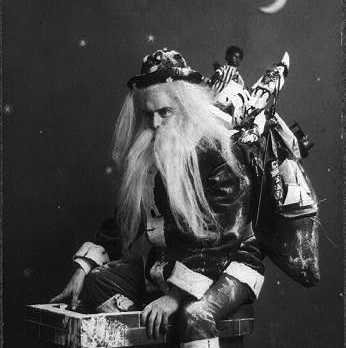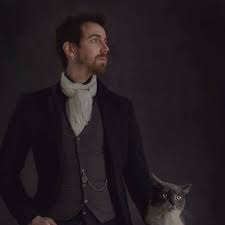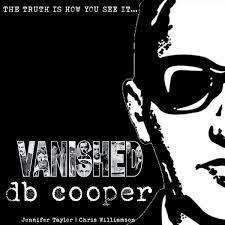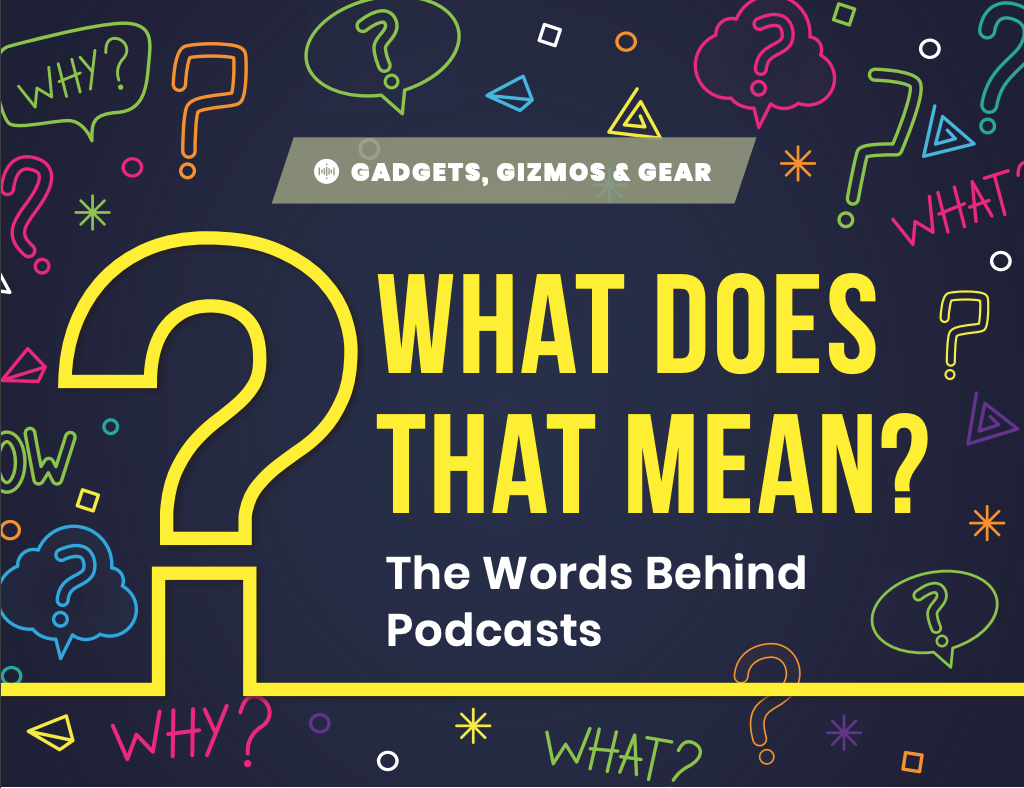The holiday season is upon us… a time when we really get into the nostalgia and rich traditions of holidays past. It is also a time marked by thoughtful and kind behavior toward others and the giving and receiving of gifts. But the winter holiday season has changed over time.
For history podcast buffs, now is the time to search out the best Christmas, Chanukkah, and Kwanzaa shows to fully inform the holiday spirit, touch the soul, and help us share the evolving meaning of the holidays over time and throughout cultures.
To that end, here are some not-to-miss podcast section recommendations for bringing history and holiday together.
The idea of English Christmas usually conjures up images from Victorian England—bundled bundled-up carolers singing on snowy streets, families sipping steamy wassail as the yule log crackles and eating the Christmas goose. It certainly wasn’t always this way.
In episode 147 of The British History Podcast, host Jamie Jeffers paints a vivid picture of what Christmas was like in the Middle Ages in England and Scotland. Most communities followed the Use of Sarum, a ceremonial guide prepared by the Salisbury Cathedral. People were required to progressively restrict their diet during the four weeks of Advent. The fasting began with a restriction on puddings, sweets, and other rich foods. While this was more of a problem for the rich (the poor serfs rarely had puddings or rich food to eat), all were still supposed to eat less. 
Come Christmas Eve, all were prohibited from eating meat, eggs, and cheese. Jeffers jokingly points out that the month of fasting probably made it so that people were grouchy with each other during what today is generally a festive time. They must have been so hungry by Christmas Eve they couldn’t wait for the Christmas Day feast to begin! Such anticipation. (Plus, who wouldn’t want to feast on roasted swan?!)
The feudal lords were supposed to open the castles on Christmas Day to provide food for the serfs, but the serfs were required to bring gifts to their masters! In reality, the enormous parties of the nobles were mostly for the wealthy, and the bounty was rarely shared with the serfs.
In this episode, you’ll learn the origins of caroling, toasting traditions, and other fun facts about the holiday, as well as more about what it was like to be poor and rich during this time. Jeffries is well-spoken, and the podcast is interesting enough for young listeners as well as adults.
On this side of the pond, the winter holidays have also seen a great transformation. Did you know that the Puritans banned Christmas altogether because it was a time of drunken rowdiness? Did you know that the family-centered, gift-giving “Christmas” that we celebrate in America today is an invention from the 1820’s? And have you ever wondered if Hanukkah in America is a reaction to Christmas in America?
Join original hosts and historians Ed Ayers, Peter Onuf, and Brian Balogh in the classic December 26, 2014 four-segment episode of the Backstory podcast titled, “Naughty & Nice: A History of the Holiday Season” for more on the answers to those questions.
The first segment begins with the reading of a letter from a World War I soldier who writes about the Christmas Truce of 1914 and moves through a number of segments featuring interviews with Fox News Radio host John Gibson (the “war on Christmas”), historian Stephen Nissenbaum (the Puritan ban on Christmas), Rabbi Laura Baum, founder of ourjewishcommunity.org (the “invention of Hanukkah”), and Santa impersonator Tyrone Jones, (who talks about being a Santa of color).
While the holidays have religious or culturally historic roots for some, for others, the season is about giving, receiving, and celebrating common humanity. If that idea appeals to you, don’t miss the December 13, 2019 episode of Backstory titled, “Giving and Receiving.” In it, historian-hosts Brian Balogh, Joanne Freeman, and Nathan Connolly explore many forms of gift giving that have impacted American history. The episode features two capsule segments for the hosts to discuss.
In “The Voice of Benevolence,” producer Melissa Gismondi shares the story of the bond created between the Irish and the Choctaw Nation of Oklahoma.
The Irish Potato Famine of the 1840’s was a devastating period in Irish history. By 1847, nearly 1.5 million had died of starvation and disease related to the famine. A decade before and thousands of miles away in America, The Choctaw Nation was relocated under the Indian Removal Act and forced to walk The Trail of Tears from their traditional homelands east of the Mississippi River to Oklahoma. Of the 20,000 Choctaw who made the journey, nearly 4,000 died along the way. When the Choctaw learned about the Irish Potato Famine, they remembered their own suffering and wanted to help. So in 1847, a group of Choctaw pooled their money to raise $170.00 (about $5,000.00 in today’s funds) to send to the Irish Relief Council. That was a fortune in that time, and it provided significant help to the Irish community. Their kindness was never forgotten by the Irish. That gift from the Choctaw forged a bond across cultural, geographical, and political divides, and it remains strong today.
The holidays teach us to be givers, but also gracious receivers. Sometimes, receiving a gift is, in itself, a gift. In the second segment of the episode, “Setting the Record Straight,” we learn the story of Bishop Richard Allen who organized a group of African-American relief workers to provide aid to people struck with yellow fever during the Philadelphia epidemic of 1793. White residents misunderstood the efforts of relief workers and falsely accused them of theft and exploitation. Historian Rich Newman provides a conscience-stirring interview.
Hanukkah celebrants! Don’t you just love the thought of getting presents for eight nights? But the holiday hasn’t always been that way and is still not celebrated that way anywhere but America. After listening to the “Naughty & Nice” segment on the invention of Hanukkah, you may want to learn more about its history.
In episode 11 of Brown University’s podcast, From Israelite to Jew, host and scholar Michael Satlow discusses the revolt of the Maccabees (a priestly group of Jews) against the Hasmonean King in 165 BCE and the origins of the Jewish holiday. Michael is an entertaining storyteller, making this episode a great listen for anyone who wants a concise, but very relatable summary of the history of the events behind the holiday.
One of the most notable aspects of holiday celebration is how it represents the evolution of shared culture. While Christmas and Hanukkah have evolved over a long period and morphed with changing times, Kwanzaa is a wholly modern celebration about claiming culture. That history takes a while to become “history” is evident when you search for history podcast episodes about Kwanzaa and realize that they are very hard to find.
Rounding out our holiday history offerings is the BBC World Service episode of Witness Archive 2017, “The First Kwanzaa.” The episode details how in December 1966, a group of Black activists in Los Angeles created the holiday as a way to reclaim their African Heritage. Today, millions of people across the United States celebrate Kwanzaa. Hear host Lucy Burns interview Terri Bandele, who attended the first Kwanzaa celebration. She was only eleven years old at the time. Through her eyes, we hear about the entire history of this holiday, from its start until today.
Whether you celebrate Christmas, Hanukkah, Kwanzaa, or a combination, or the season of giving, it is important to realize that the way we choose to celebrate the holidays—the meaning that we give to them—are important parts of the ongoing history of mankind in society.













